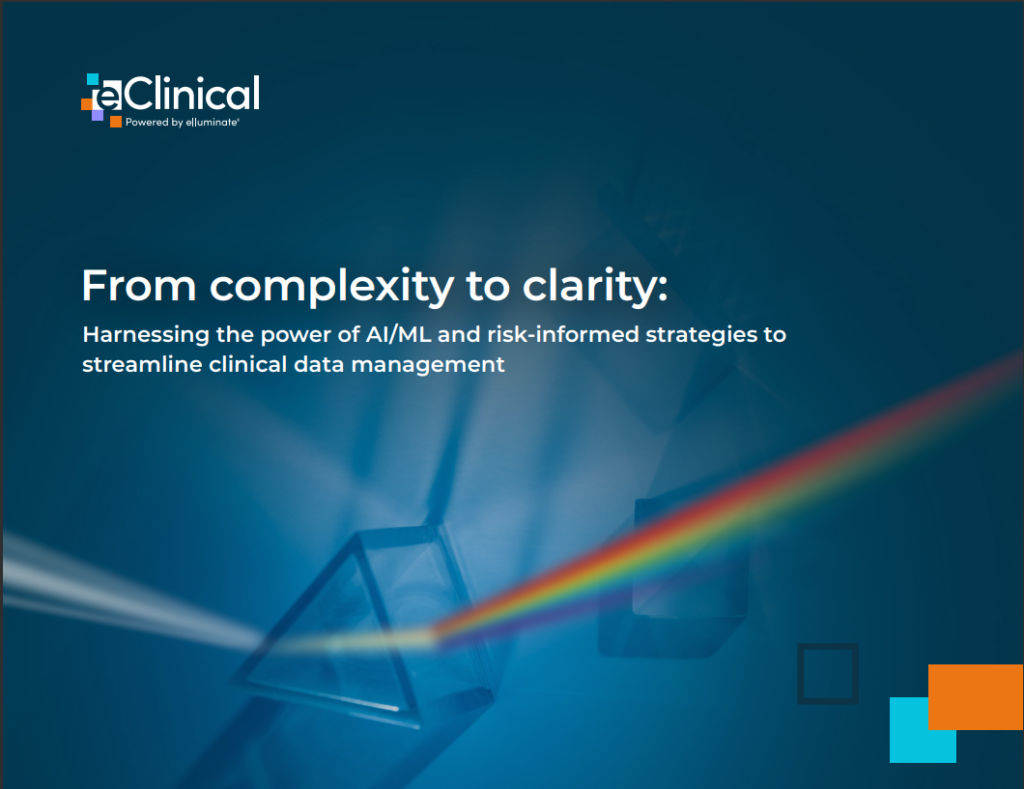
Kalyan Veeramachaneni and his team at the MIT Data-to-AI (DAI) Lab have developed the first generative model, the AutoEncoder with Regression (AER) for time series anomaly detection, that combines both reconstruction-based and prediction-based models. They’ve been building it for three years—AER has been learning and extracting intelligence for signals and has reached maturity to outperform the market’s leading models significantly:
The percentage increase of AER (f1=0.7384) based on version 0.4.1:
- 194.41% better than Azure Anomaly Detector (f1=0.2508)
- 95.96% better than IBM GANF (f1=0.3768)
(Here’s the paper, published at the end of December in IEEE BigData 2022 for your reference: https://arxiv.org/pdf/2212.13558.pdf)
AER is available publicly within Orion, an open source machine learning library for unsupervised time series anomaly detection, that is part of the MIT DAI Lab’s signal intelligence project (Sintel) to analyze large-scale time series data, develop advanced analytics human-in-the-loop workflows, and translate these into actionable insights that predict and prevent unexpected and critical issues.
Sign up for the free insideAI News newsletter.
Join us on Twitter: https://twitter.com/InsideBigData1
Join us on LinkedIn: https://www.linkedin.com/company/insidebigdata/
Join us on Facebook: https://www.facebook.com/insideAI NewsNOW




Speak Your Mind